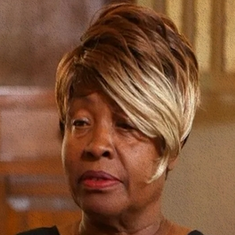 A survey led by Heather Melcher of the Office of Institutional Analytics at the University of New Mexico finds that students who are food-insecure are more likely to fail or withdraw from classes or drop out of college entirely.
A survey led by Heather Melcher of the Office of Institutional Analytics at the University of New Mexico finds that students who are food-insecure are more likely to fail or withdraw from classes or drop out of college entirely.
Researchers sent out a survey to 12,000 undergraduate students. They found that among all respondents, 31.7 percent reported being food insecure. Some 16.9 of the total sample were considered to have very low food security.
American Indian (51.8 percent) and African-American (44.0 percent) students had the highest prevalence of food insecurity, and international students (regardless of race/ethnicity) also experienced a high degree of food insecurity (39.1 percent).
The survey found that 79 percent of Black students who were food secure and enrolled in the spring of 2020 remained enrolled in the fall of 2020. For those who were food insecure, only 70 percent remained enrolled in the fall of 2020.
For Black students who were enrolled in the fall of 2020, those that were food secure had a 85.7 percent persistence rate for the spring 2021 semester. For those who were food insecure in the fall of 2020, only 76.5 percent returned for the spring 2021 semester.
“When you are not eating enough and you are experiencing anxiety about how you’re going to afford to feed yourself, you don’t have much energy or focus left to devote to studying and going to class. Our analysis showed that if you have two students from the same background with the same personal characteristics, where one student is food secure and the other food insecure, the student who is experiencing food insecurity is twice as likely to leave college and over one-and-a-half times as likely to fail or withdraw from a course,” Dr. Mechler observed.
The full study, “Examining the Relationship Between Food Insecurity and Academic Performance: Implications for Diversity and Equity in Higher Education.” was published on the website of the Journal of College Student Retention: Research, Theory & Practice. It may be accessed here.










